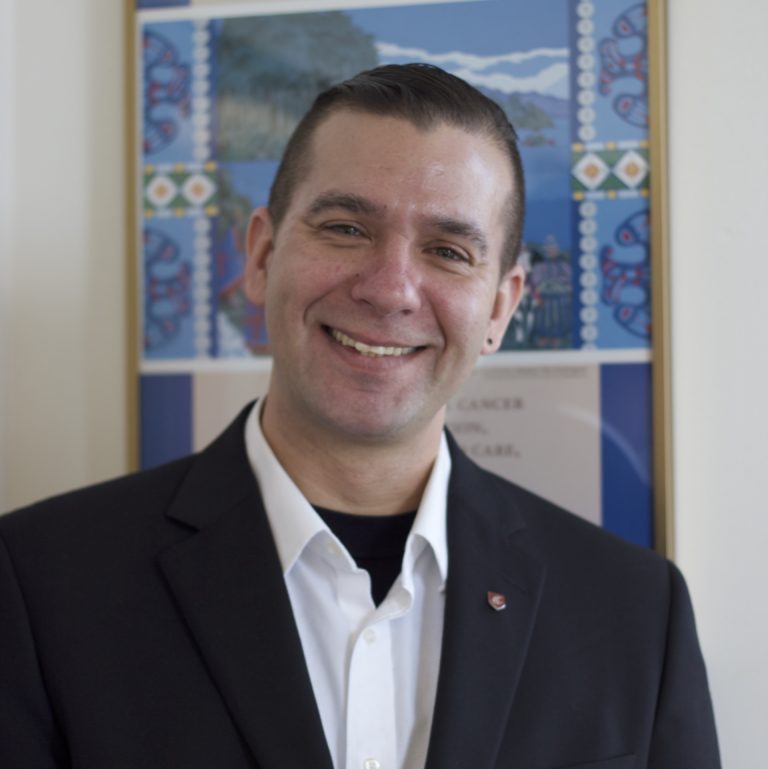Despite substantial tribal, state, and federal effort, American Indian and Alaska Native (AI/AN) suicide rates have changed little in the last 30 years, prompting attention to new and innovative approaches to this persistent health disparity. Suicide prevention interventions with demonstrated success in other populations may be useful in AI/AN communities. Caring Contacts is a suicide prevention intervention that has been adapted and shown to reduce suicide ideation, attempts, and deaths in other populations.
Goals:
 Dr. Lonnie Nelson (descendant of the Eastern Band of Cherokee Indians) earned his PhD in Clinical Psychology from the University of Arizona and completed a postdoctoral fellowship in Rehabilitation Psychology at University of Washington's Harborview Medical Center. In 2012, he returned to the field of Native health disparities through the Patient Centered Outcomes Research Career Development Award (K12) at the University of Washington School of Public Health. Dr. Nelson joined the Washington State University College of Nursing in 2015. His work aims to address health disparities experienced by American Indian and Alaska Native communities through multiple avenues. His current research interests focus on the elimination of health disparities in urban dwelling and other Native populations through the application of culturally adapted evidence-based interventions and other patient centered approaches to changing health behaviors, such as indigenized motivational interviewing and harm reduction treatments. Outside of work, he enjoys making and using traditional Native archery gear and spending time with his 7-year-old daughter, Amelia.
Dr. Lonnie Nelson (descendant of the Eastern Band of Cherokee Indians) earned his PhD in Clinical Psychology from the University of Arizona and completed a postdoctoral fellowship in Rehabilitation Psychology at University of Washington's Harborview Medical Center. In 2012, he returned to the field of Native health disparities through the Patient Centered Outcomes Research Career Development Award (K12) at the University of Washington School of Public Health. Dr. Nelson joined the Washington State University College of Nursing in 2015. His work aims to address health disparities experienced by American Indian and Alaska Native communities through multiple avenues. His current research interests focus on the elimination of health disparities in urban dwelling and other Native populations through the application of culturally adapted evidence-based interventions and other patient centered approaches to changing health behaviors, such as indigenized motivational interviewing and harm reduction treatments. Outside of work, he enjoys making and using traditional Native archery gear and spending time with his 7-year-old daughter, Amelia.